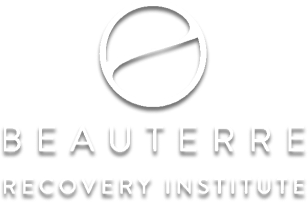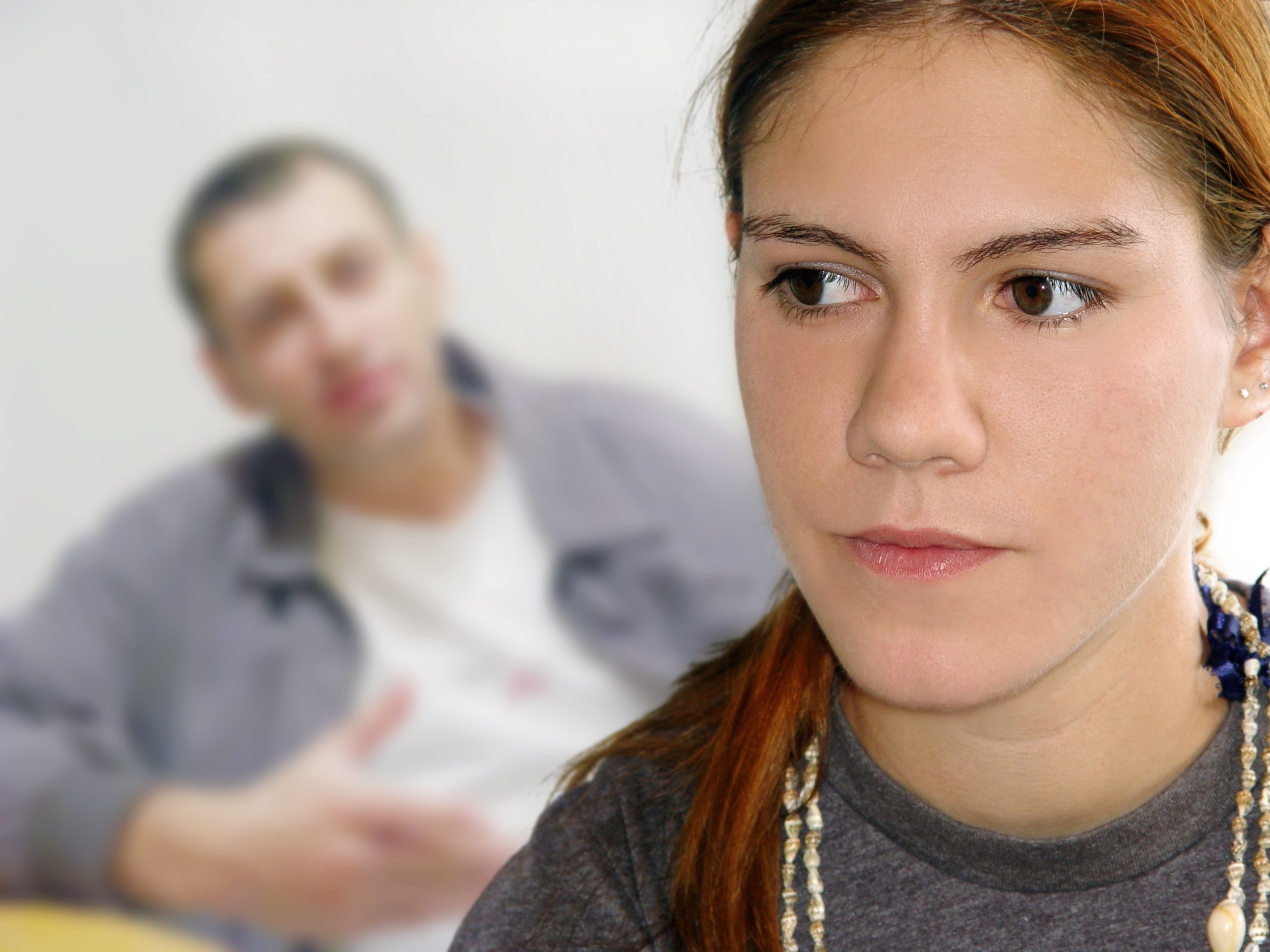As a parent of three young children, I face the prospect of their teenage years with some trepidation. I remember all too well the underage drinking of my own youth, which lead to a minor consumption arrest when I was fifteen. I wonder how to prevent my sons from making some of the same mistakes I made.
Luckily I have a little bit of time and some good resources to help me prepare for the discussion about alcohol. One of the most effective things a parent can do to prevent underage drinking is to open up a dialogue with your child. Let them know the risks to their health. Be ready to listen to them so you can learn what their experience is really like. Beware of modeling self-medicating drinking behaviors for your kids.
Consequences of Underage Drinking
Ten years ago, author Stephen Gray Wallace published Reality Gap: Alcohol, Drugs, and Sex — What Parents Don’t Know and Teens Aren’t Telling. At the time, Wallace was national chairman and CEO of Students Against Destructive Decisions (SADD). He writes a regular column for Psychology Today on adolescent experience, Decisions Teens Make. Wallace now directs the Center for Adolescent Research and Education (CARE), which according to his Psychology Today bio is “a collaborative of institutions and organizations committed to promoting positive youth outcomes and reducing negative risk behaviors.” In short, Wallace knows a lot about the consequences of underage drinking and how to prevent them. Here are some of the lessons I have learned from his work.
Make sure kids understand the legal consequences of underage drinking. It’s easy for kids as well as their parents to overlook the simple fact that underage drinking is illegal, and could cause unwanted encounters with law enforcement! In Reality Gap, Wallace recounts his ride-along with a youth alcohol enforcement police squad in Phoenix. The kids arrested at a party are at first petulant (“This so unfair!”) but quickly realize the mess they are in. Driver’s licenses, college admittance, and jobs, as well as their parents’ trust, are all threatened by their mistake. Some parents who are contacted by the authorities are stunned to learn that their children are drinking at all. This demonstrates a dangerous lack of engagement that is all too common as parents attempt to allow teens some measure of independence.
Zero tolerance to underage drinking is preferable to allowing kids to drink at home under adult supervision. Wallace writes about encountering well-intentioned parents who believe they have their children’s best interest at heart when allowing them to drink in the home, rather “than off somewhere in the woods,” as one mother put it. The author cites the cold, hard statistics that suggest this approach leads to more unsupervised drinking by teens than is reported by kids whose parents absolutely forbid underage drinking.
Permitting underage drinking subjects the enabling adult to considerable legal jeopardy for contributing to the delinquency of a minor. Given how frequently adults purchase alcohol for minors in the U.S., penalties are becoming more severe. There is also the health of the child to consider, and that of their friends who may join in any “adult-supervised” (but still illegal) festivities. Wallace describes the appalling example of one mother who, while “tending bar” at her teen’s high school graduation party, encouraged binge drinking. One of her teenaged guests died of acute alcohol poisoning the following day. The graduate’s bartending mother plead guilty to criminally negligent homicide.
Among other severe health impacts, alcohol and other drugs are devastating to youthful brain development. In a 2018 Psychology Today column, Wallace endorses the One Choice campaign’s argument that youthful brain development is the primary reason kids should choose to abstain from nicotine, alcohol, and drugs. One Choice, an initiative of the Institute of Behavior and Health (IBH), cites a Mentor Foundation article by an Johns Hopkins postdoctoral fellow, Aparna Shah, PhD. which states:
Drugs interfere with brain development during adolescence in multiple ways. They can modify communication between neurons (or brain cells) and impede processes that are important for formation and fine-tuning (or pruning) of brain connections. They can also cause structural changes in various brain areas in a drug-specific way. Even minor changes during this phase can affect cognitive and emotional functioning. They can alter perception, influence formation of new habits, compromise how the brain perceives reward, disrupt learning and memory processes as well as social behavior.
Dr. Shah also points out that “During teenage years, brain circuits within the frontal lobe that are key for executive function (planning, risk assessment and decision making) are still immature” which can lead to experimentation with drugs and alcohol. This, she writes, is especially problematic because “the earlier the onset of drug use, the greater is the likelihood of developing a substance use disorder.”
Communication is Prevention
Wallace promotes the idea of an authoritative parenting style to open up a dialogue of clear expectations and understanding to better prevent underage drinking. “It needs to be a conversation, not an edict,” Wallace told the Deseret News. “When it comes to parenting style, the most effective is authoritative — high on both warmth and control.” This is not smothering, demanding “helicopter” parenting, Wallace writes in Reality Gap, but rather “support, affirmation, and guidance.” Teens may push their parents away, but “like it or not, they know they need help to keep from falling.”
Teens are under relentless peer pressure. But parents must not surrender their influence entirely. Wallace writes of surveying teens who expressed, “Parents should talk to us more.” If they stay calm and engaged, parents can remain a powerful influence. Take care to avoid double standards in your own drinking behavior. Maybe think twice before saying “I need a drink” within earshot of your children after a long day at the office. That sends a normalizing message regarding alcohol as a coping mechanism. It’s a message you may one day want to take back.
If you or a loved one is struggling with alcohol use disorder, please call Beauterre Recovery Institute. We can help!
 Beauterre Recovery Institute
Beauterre Recovery Institute
